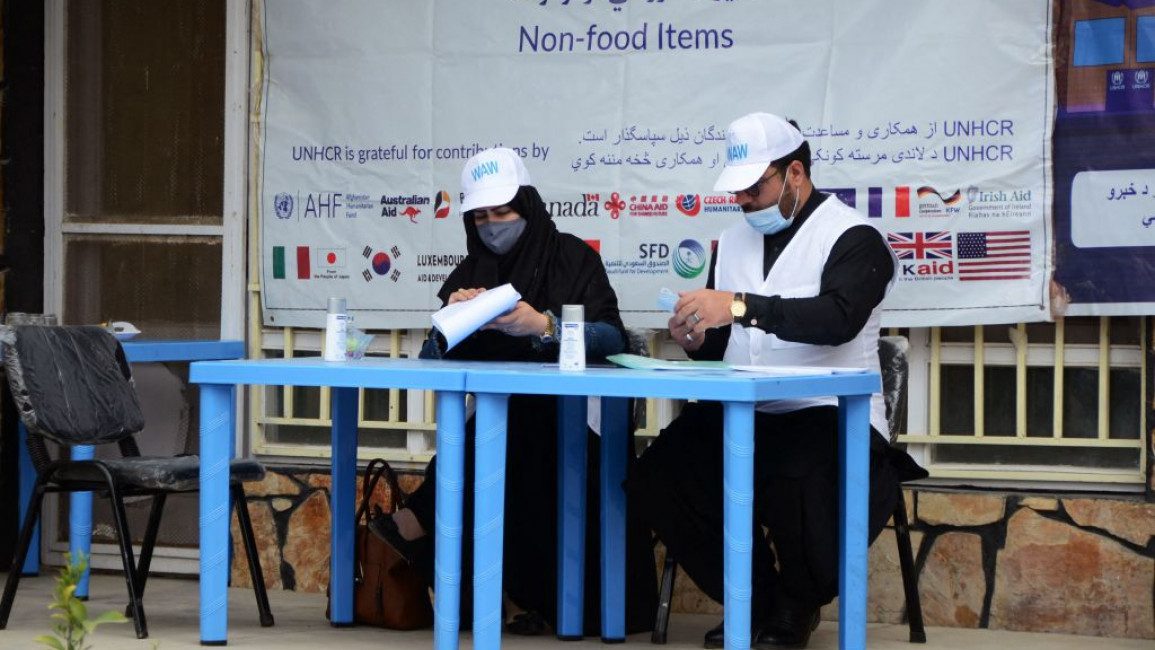World
UN made preparations for its “heartbreaking” pullout from Afghanistan

Officials from the UN said they are prepared to make the “heartbreaking” choice to leave Afghanistan in May if they can’t get the Taliban government’s consent to let local women work for the organisation.
This comes after the international organisation fought for months to persuade the terrorist group’s leadership to disregard its regulations.
There are 600 Afghan women and 2,700 Afghan males working for the UN in Afghanistan. According to a UN spokeswoman, they ceased working on April 12 when the Taliban issued an order prohibiting local women from working for the organisation, despite the fact that they continue to labour and get compensation.
Some 200 non-Afghans are also employed by the UN in Afghanistan; they are unaffected by the regulations.
The terrorist organisation has issued a number of decrees in recent months that drastically restrict the rights of women, and this is only one of them. In much of the nation, women are not only prohibited from working but also from attending school or receiving higher education.
Over a third of the locally employed agency workers are women, and they are typically more vulnerable to any reduction in help services.
According to Achim Steiner, chief of the UN Development Programme (UNDP), “It is fair to say that where we are right now is the entire United Nations system needing to take a step back and re-evaluate its ability to operate [in Afghanistan],” as reported by The Guardian. But it’s not about haggling about fundamental values, like human rights.
“Heartbreaking is the only word that comes to mind, in my opinion. I mean, if the UN family were to leave Afghanistan today, I would be faced with visions of millions of little children—boys and girls, parents and mothers—who would effectively go without food.”
While Afghanistan suffers with a serious humanitarian situation, the UN may leave the country. According to the UN, there has been a 40% increase in unemployment and 75% of people’s income is now spent on food.
It was referred to as the “world’s biggest humanitarian disaster in 2023” by Ramiz Alakbarov, the UN’s deputy special representative and humanitarian coordinator for Afghanistan.
